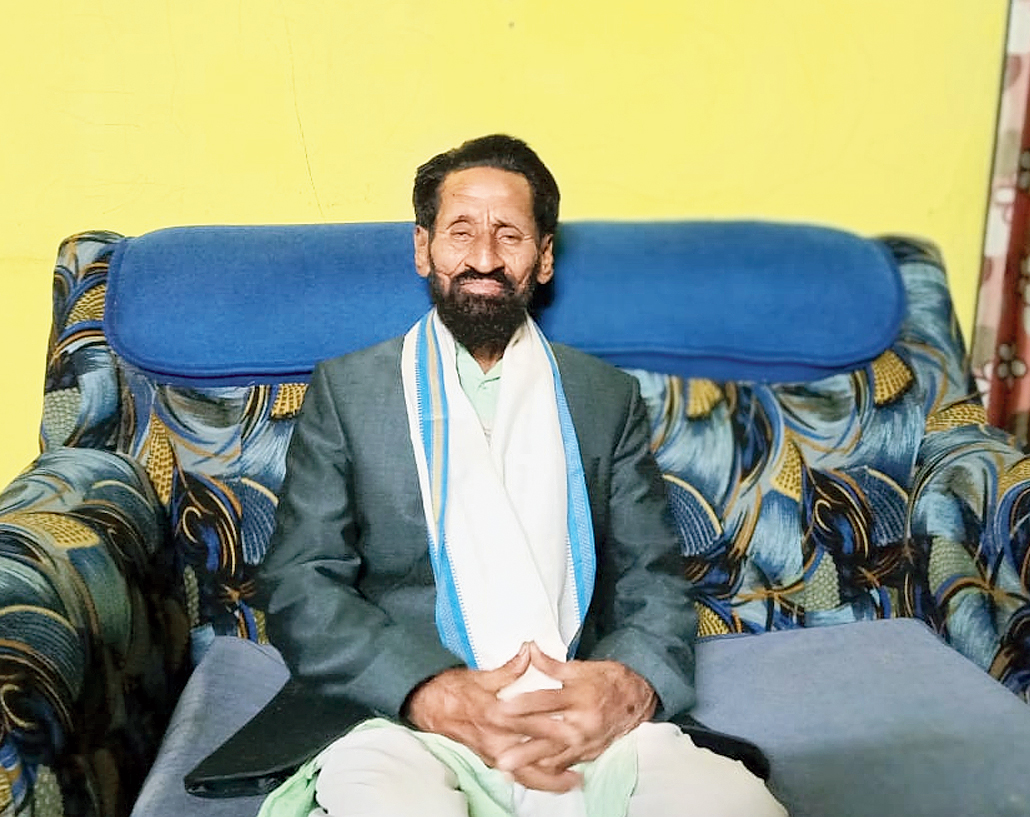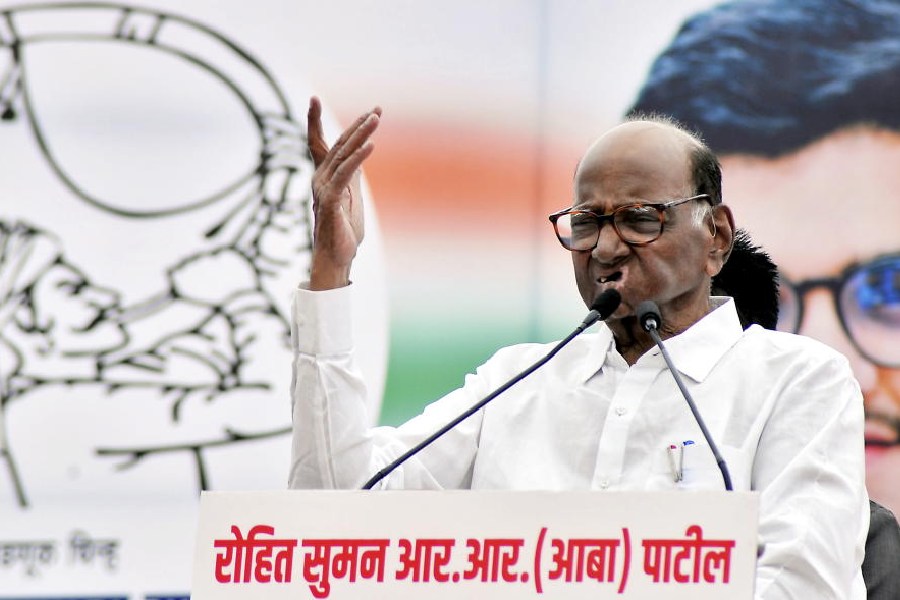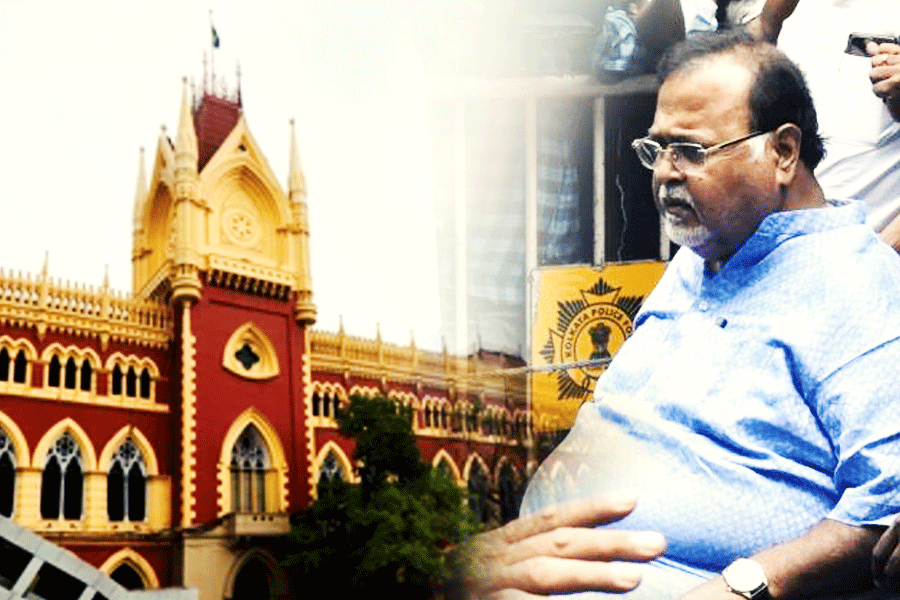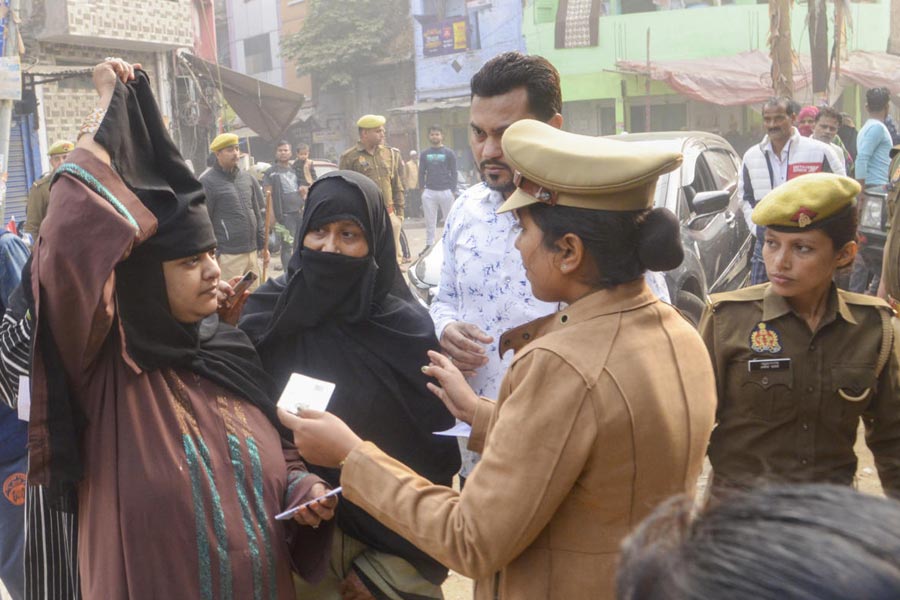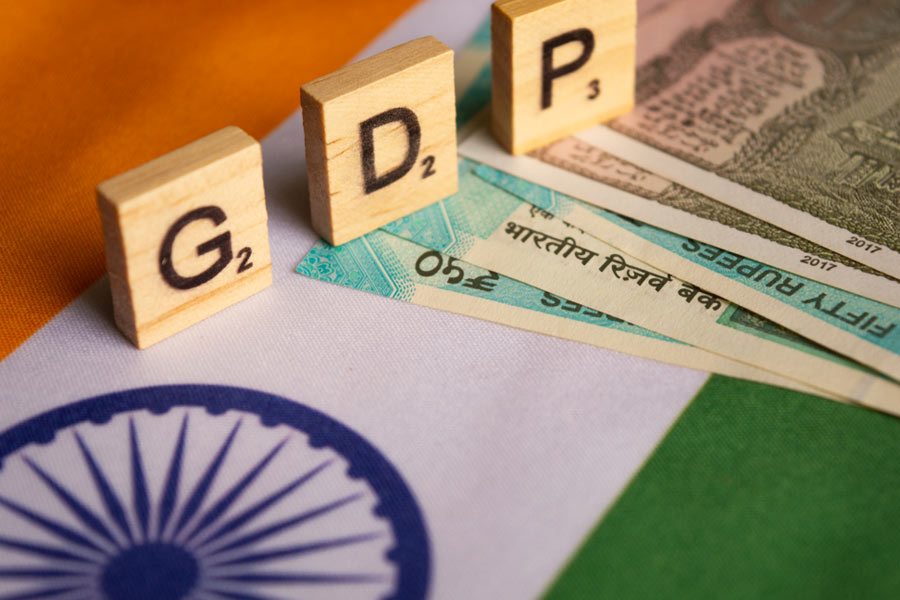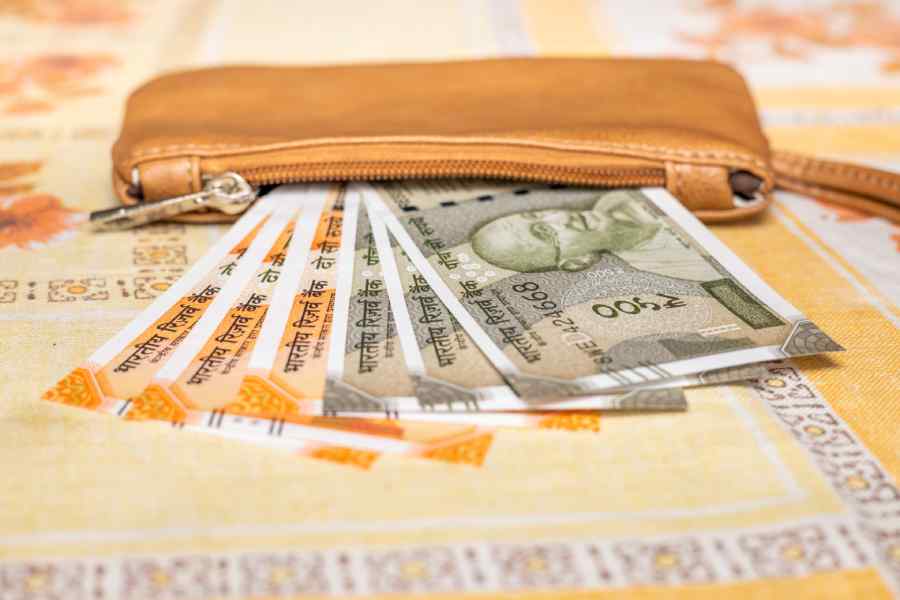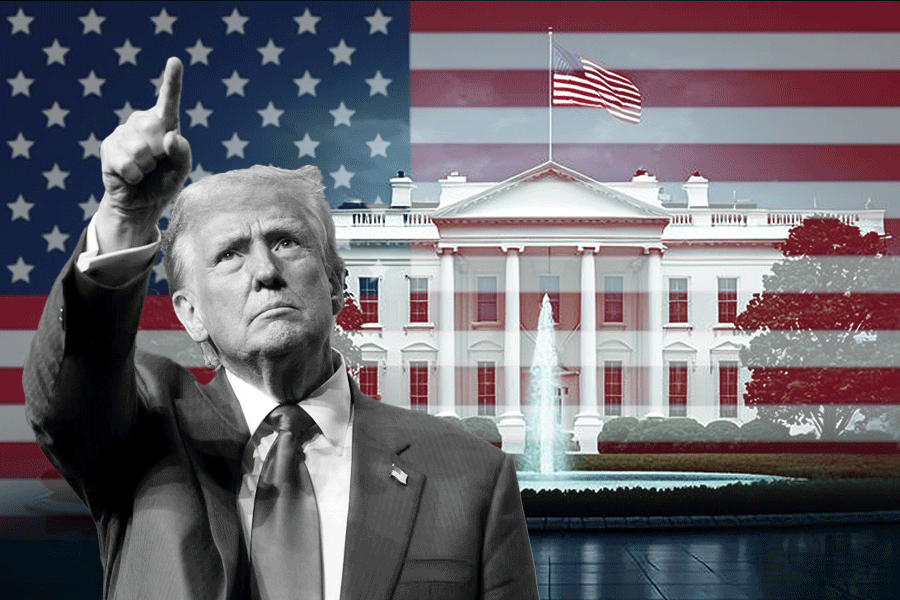Descendants and associates of the Nawabs of Bengal who decided for centuries who their subjects would be are worried about their ability to prove Indian citizenship.
Since 1717, when Mughal Emperor Farrukhsiyar combined the nizamat (civil administration) and diwani (revenue administration) of the Bengal subah (subdivision) to elevate Murshid Quli Khan to the post of Nawab Nazim, the Murshidabad Nawabs of the Nasiri, Afshar and the Najafi dynasties ruled — de facto or de jure — for nearly two centuries the territories of undivided Bengal, Bihar, Jharkhand, Odisha, besides parts of Northeast and Chhattisgarh.
Syed Reza Ali Meerza, a 70-year-old grandson of Sayyid Sir Wasif Ali Meerza Khan Bahadur — the last Nawab Bahadur of Murshidabad recognised by the government of Independent India — said on Friday that the direct descendants of someone who had contributed to the very presence of Murshidabad in India should not be “degraded” by having to prove their citizenship.
Meerza Khan Bahadur had played a crucial role in the return of Murshidabad to India from East Pakistan after three days from August 15, 1947. He studied at Sherborne, Rugby and the Trinity College and was a resident of 85 Park Street in Calcutta towards the end of his life.
“Even if we were to forget the entire history and legacy of the Murshidabad Nawabs till 1947, at least the role played by my grandfather to ensure the return of Murshidabad to India after Partition should be remembered,” said the septuagenarian.
The former state government employee narrated the tales of how his grandfather Meerza Khan Bahadur spearheaded the initiative to ensure the return of the key district, despite being Muslim-majority, to India after the newly adopted Parcham-e Sitarah o-Hilal, the flag of Pakistan, flew atop the Hazarduari Palace for three days. The initial Radcliffe Award had placed Murshidabad in Pakistan and Khulna in India. On August 18, the two districts were exchanged.
“Now, his descendants have to stand in line on the same land to prove they are Indian,” said Meerza.
“There was a time when we — our forefathers — used to decide who were subjects and who were not. Before the British took everything from us, our family used to rule the wealthiest and industrially the most developed place in the world,” he said.
Meerza was referring to the economy of early 18th Century proto-industrialised Bengal, with its inhabitants purportedly having among the highest living standards and real wages in the world with over 10 per cent contribution to the global GDP. “Now, we have to prove that we are Indian?”
Meerza said many members of his extended family of Najafis did not have several requisite documents owing to legal reasons and were “living in fear”. “I condemn the NRC (National Register of Citizens), the CAA (Citizenship (Amendment) Act and the NPR (National Population Register) in the strongest terms,” he said.
Meerza said he had the requisite documents from the East India Company, the British Raj and the government of India, and he would not be “part of any queue” to prove he is Indian.
Other members of the extended family — who reside in the Qillah Nizamat area near Hazarduari Palace in Murshidabad — said although they had no official recognition as royals in the eyes of the state anymore, they felt demeaned even more by the prospect of being rendered stateless by the NRC.
“Our generation has not even received pension from the government, although they seized almost everything after Independence,” said Syed Mohammed Mazer Jha, who works as a nursing home employee in Murshidabad.
“Even my father did not get pension from the state. He died suddenly last year, and I am having trouble locating his papers,” he added.
Residents of the Hazarduari area said they respected members of the royal family for choosing to stay back in India. “The governments in India do not show as much respect to the descendants as groups of people in Pakistan or Bangladesh do. Still, they have stayed back,” said a resident of the area.
“The members of the royal family are by no means outsiders to this country. Rather, they have chosen not to immigrate to Pakistan or Bangladesh in spite of having lost so much property to the government of India,” said 50-year-old Mohammed Ali, a teacher at Singhi High School in Murshidabad.

